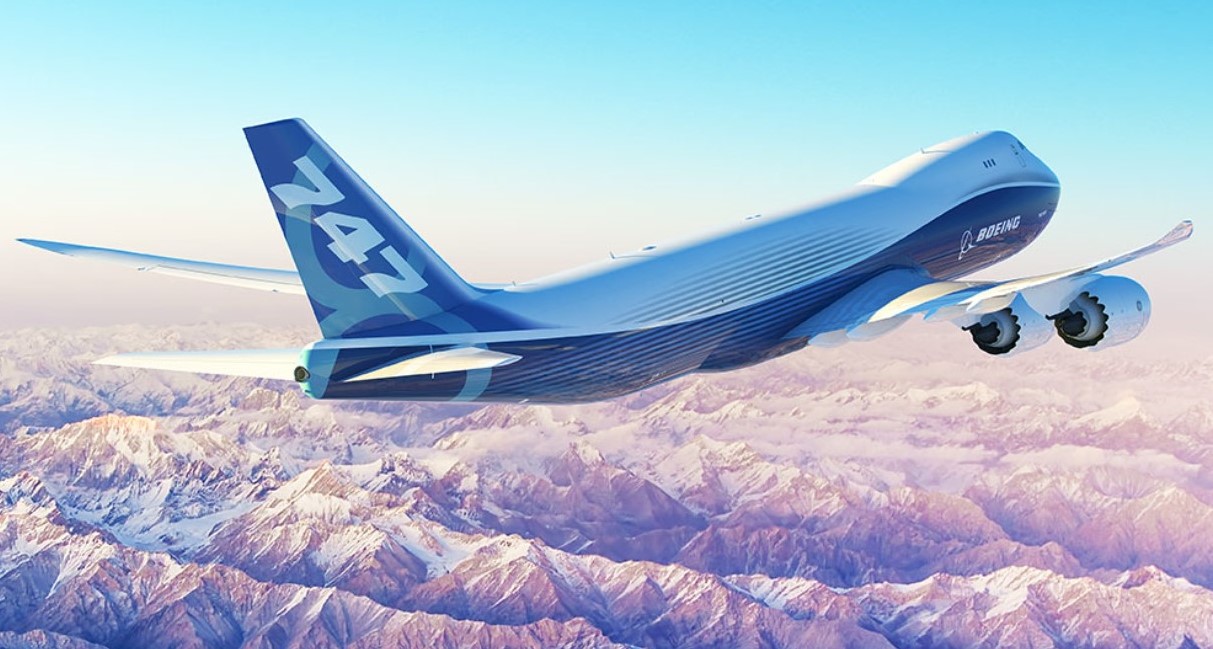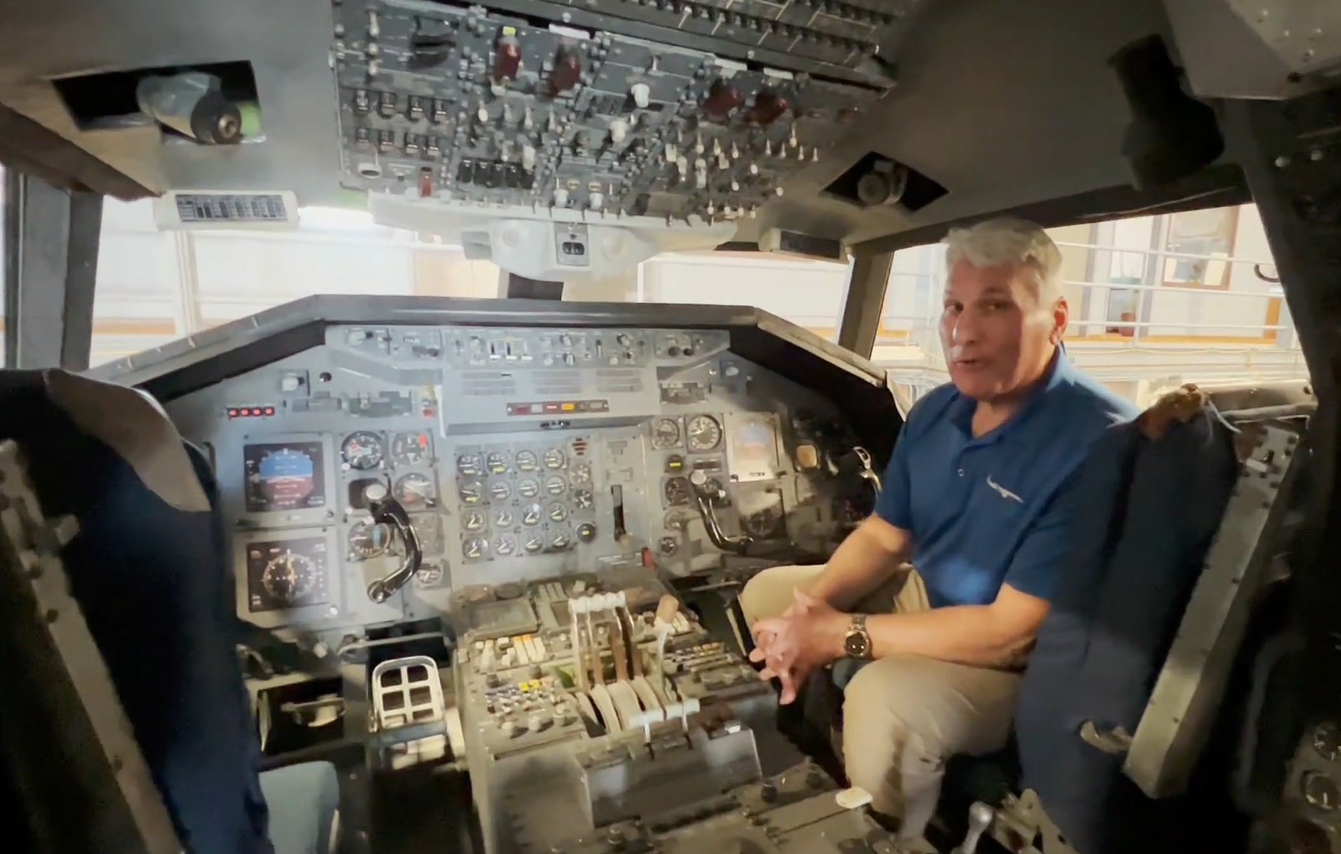Transporting COVID-19 vaccine will require 8,000 747s
10 September, 2020
3 min read
By joining our newsletter, you agree to our Privacy Policy


Transporting the COVID-19 vaccine will require 8,000 747 freighters the airline industry's peak body has claimed.
The International Air Transport Association has warned that governments must start planning for the “mission of the century” of transportation of COVID-19 vaccines because thousands of aircraft remain grounded and will take months to get back into service.
IATA director general and chief executive Alexandre de Juniac says that "safely delivering COVID-19 vaccines will be the mission of the century for the global air cargo industry.
It says that just providing a single dose to 7.8 billion people would fill over 8,000 747 cargo aircraft. The uplift requirement of course would be spread over at least six months.
READ: Boeing's 797 should be based on the 787-3 says Qatar Airways.
"Even if we assume that half the needed vaccines can be transported by land, the air cargo industry will still face its largest single transport challenge ever, Mr de Juniac warned.
“But it won’t happen without careful advance planning. And the time for that is now. We urge governments to take the lead in facilitating cooperation across the logistics chain so that the facilities, security arrangements and border processes are ready for the mammoth and complex task ahead," he said.
Dr Seth Berkley, chief executive of Gavi, the Vaccine Alliance said "delivering billions of doses of vaccine to the entire world efficiently will involve hugely complex logistical and programmatic obstacles all the way along the supply chain.”
Air cargo plays a key role in the distribution of vaccines in normal times through well-established global time-and temperature-sensitive distribution systems.
But these are not normal times and the air cargo network is broken because thousands of passenger planes that carry 90 percent of air cargo in the belly with passenger bags are grounded.
This capability will be crucial to the quick and efficient transport and distribution of COVID-19 vaccines when they are available, and it will not happen without careful planning, led by governments and supported by industry stakeholders says IATA.
The issue is vaccines are not normal cargo and must be handled and transported in line with international regulatory requirements, at controlled temperatures and without delay to ensure the quality of the product.
IATA says that while there are still many unknowns such as temperature sensitivities, and manufacturing locations, it is clear that the scale of activity will be vast, that cold chain facilities will be required and that delivery to every corner of the planet will be needed.
It also notes that security will be an issue as vaccines will be highly valuable commodities. Arrangements must be in place to keep ensure that shipments remain secure from tampering and theft.
Next Article
2 min read
Qantas triples profit but misses mark

Get the latest news and updates straight to your inbox
No spam, no hassle, no fuss, just airline news direct to you.
By joining our newsletter, you agree to our Privacy Policy
Find us on social media
Comments
No comments yet, be the first to write one.

